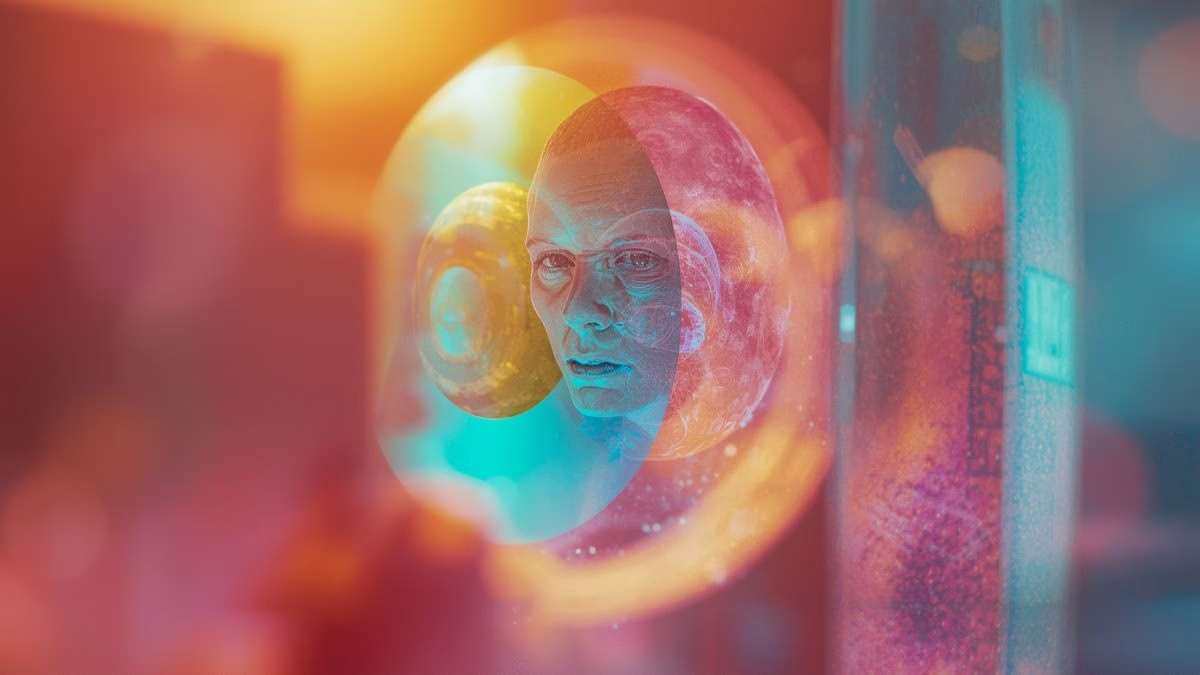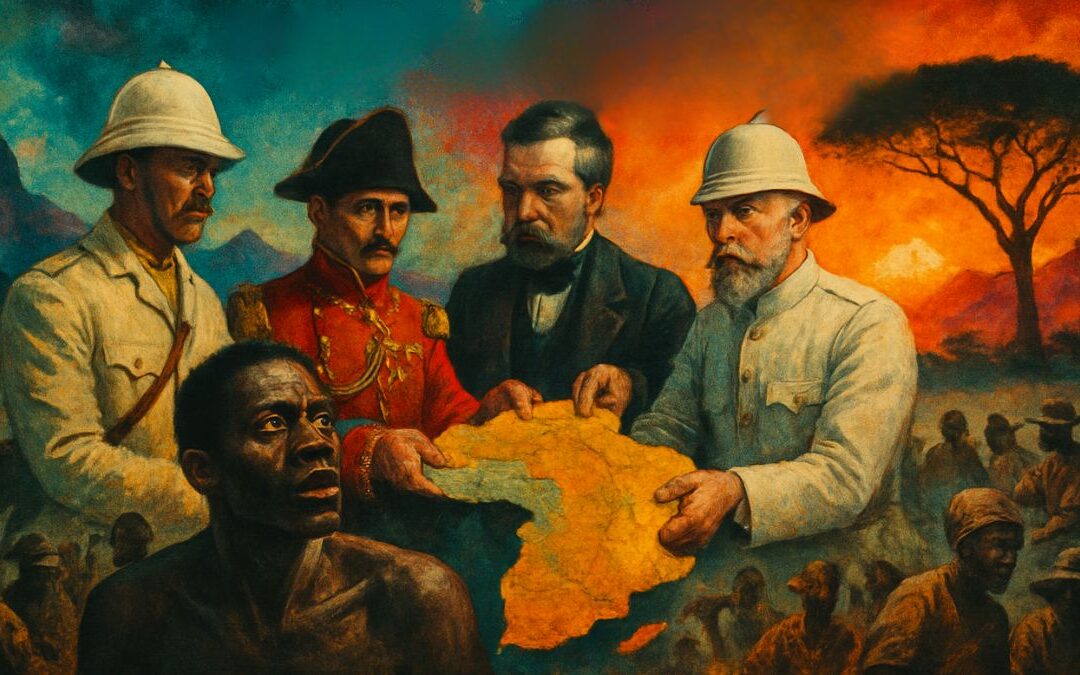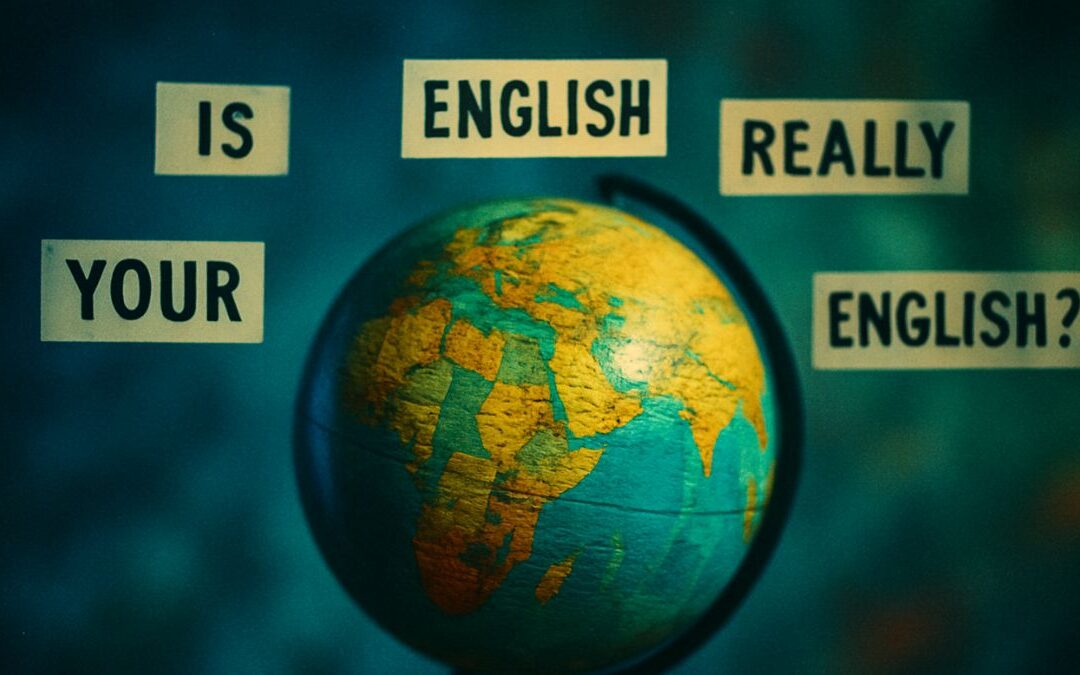Introduction
Do you believe you see the world objectively? We all like to think we do. But what if your brain is constantly filtering reality to match what you already believe? This week, we investigate the biases that shape your entire worldview. We’ll discover why it feels so good to be right, why we say ‘I knew it all along’ after something happens, and how our brains are programmed to see faces in clouds. Are you ready to question your own beliefs?
Short Story
Mark is on a new health kick. He’s convinced that eating only purple foods is the secret to a long life after reading a blog post about it. He dives headfirst into research, but only clicks on articles and videos that praise the “purple diet,” quickly dismissing any scientific studies that call it a fad (Confirmation Bias). A friend presents him with a logical argument about balanced nutrition, but Mark rejects it because the conclusion—that the purple diet is nonsense—feels wrong to him (Belief Bias). After a week, he feels slightly more energetic and exclaims, “I knew it would work!” conveniently forgetting his initial skepticism (Hindsight Bias). He’s had a few tired days this week, but he tells himself he’s “due for an energetic one” tomorrow (Gambler’s Fallacy). As he prepares his dinner of purple cabbage, he looks at the patterns in the leaves and sees a smiling face, which he takes as a sign that he’s on the right path (Pareidolia).
Explanation
Mark’s journey into the “purple diet” is a perfect illustration of how our beliefs can construct their own reality. Let’s look at the biases at play:
- Confirmation Bias: This is the most powerful bias in our story. Mark actively sought out information that confirmed his new belief and rejected anything that opposed it. We’ll discuss how this creates echo chambers and polarizes opinions.
- Belief Bias: Mark rejected a valid argument because he found the conclusion unbelievable. We’ll explain that this bias makes us judge an argument’s logic based on the plausibility of its conclusion, a critical flaw in reasoning.
- Hindsight Bias: By saying “I knew it all along,” Mark was rewriting his own history to make the outcome seem predictable. We’ll explore how this bias distorts our memory of past events and makes us feel overly confident in our judgments.
- Gambler’s Fallacy: This bias isn’t just for casinos. Mark’s belief that he was “due” for a good day is based on a mistaken understanding of random events. We’ll explain that this is rooted in the “law of small numbers,” where we expect short sequences of random events to appear balanced.
- Pareidolia: Seeing a face in the cabbage leaves is a classic example of this bias. We will discuss that our brains are hardwired to find meaningful patterns, especially faces, even in random stimuli.
Language Focus
- Vocabulary: To confirm, to reject, plausible, hindsight, fallacy, omen, to interpret, echo chamber.
- Grammar: We’ll focus on Reported Speech to talk about how information is presented and interpreted. For example: “The blog claimed that purple foods were a miracle,” vs. “Scientists stated that a balanced diet was necessary.”
- Speaking Skill: Playing Devil’s Advocate. To fight confirmation bias, you need to actively challenge your own beliefs. The skill is to choose a belief you hold strongly and try to make the best possible argument against it. This helps you understand other perspectives and find flaws in your own logic.
- Writing Challenge: “The Great Belief Reversal.” Write about a time you held a strong belief and then changed your mind. In 200-300 words, describe the original belief and what caused you to change it. Reflect on what confirmation or belief biases might have been supporting your initial viewpoint.
Outro Sneak Peak into Next Episode
Our beliefs are powerful, but they can often blind us to the truth. By learning to question our own interpretations, we can get a little closer to reality. Next week, we turn the lens inward. We’ll be looking at the tricky biases that affect how we see ourselves, our talents, and our own flaws. Are you as skilled as you think you are? Join us next time to find out.
Find the full transcript on my Patreon Page.
To listen to the full episode and unlock full access to all our episodes, consider subscribing on Apple Podcasts or Patreon.










0 Comments